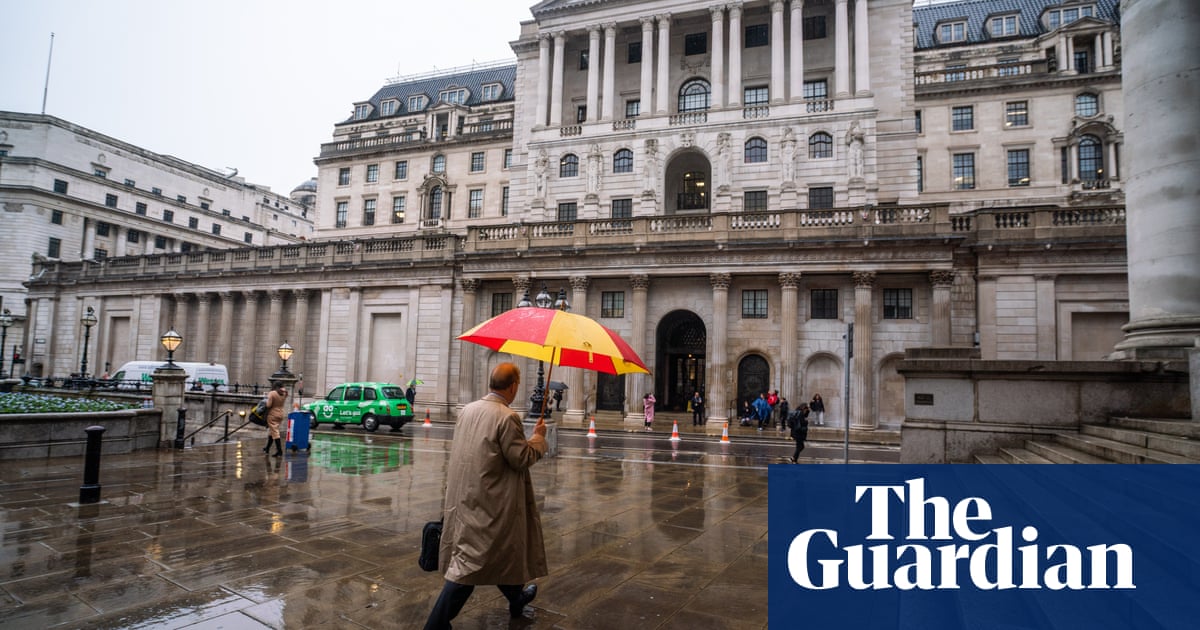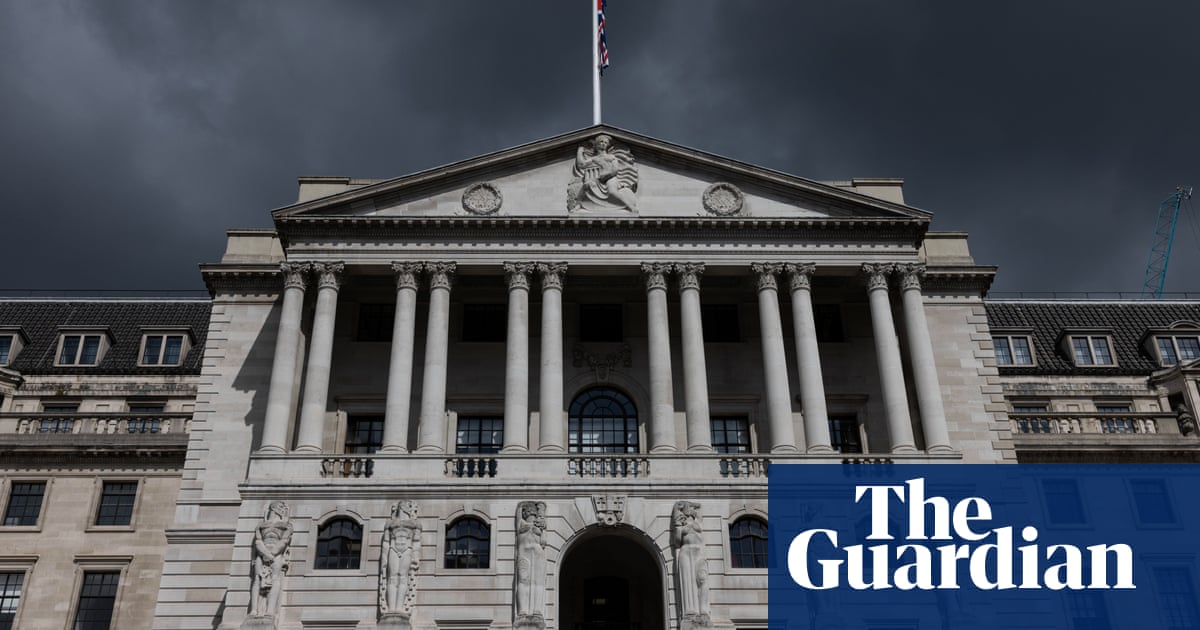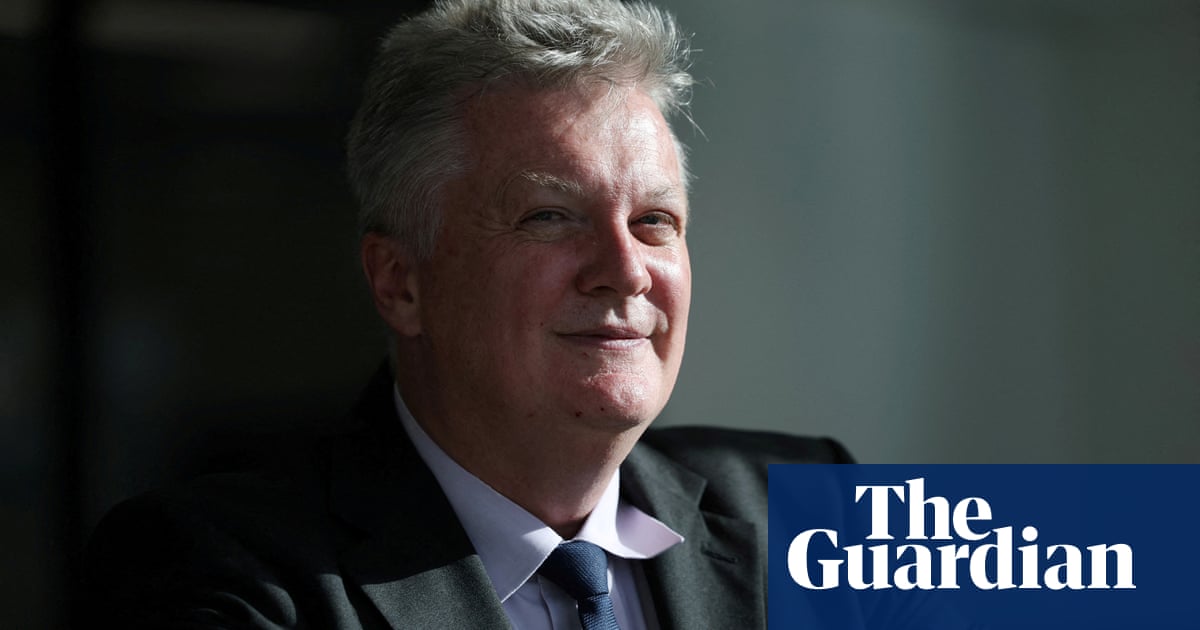
The Bank of England is preparing to further raise interest rates over concerns that inflation could become embedded in the British economy, despite the growing risks of a prolonged recession, its chief economist has warned.
Huw Pill said there was “still more to do” to tackle soaring inflation after the central bank raised interest rates to 3% last week with the biggest single rise in borrowing costs since 1989.
Dropping the broadest possible hint that the Bank’s monetary policy committee (MPC) would use its next meeting in December to push interest rates higher, he said: “I think there is more to do. We’ve done some, that’s what we did last week. And there’s still more to do.”
A further rate increase next month would spell successive decisions to push up borrowing costs at every meeting of the MPC this year, as the central bank responds to inflation at the highest levels since the early 1980s. Such a move would mean higher costs for mortgage borrowers after Jeremy Hunt’s autumn statement next week.
The Bank’s chief economist said there was a danger that a “self-sustaining” inflationary cycle could take hold whereby businesses continue to raise their prices to accommodate higher wage settlements for their workers long after pressure from soaring energy costs fade.
Speaking at a conference in London hosted by the investment bank UBS, he said: “The tightness in the labour market remains very persistent here in the UK, and that is despite the fact that we already have a slowing economy, and maybe an economy that is in recession at the turn of the year.”
Unemployment is at the lowest levels since the 1970s while job vacancies remain close to record highs as employers struggle to find workers, despite fears that soaring inflation and a looming recession could drive up job losses. It comes amid a rise in economic inactivity – when working-age adults are either not in a job or actively looking for one – since the Covid pandemic.
Pill said the central bank “cannot declare victory” against persistent inflationary pressures despite the risks of a recession. Threadneedle Street warned last week that the UK risked being plunged into the longest recession in 100 years by the cost of living emergency, as soaring prices for goods and services force households and businesses to rein in their spending.
The Bank’s chief economist said the MPC weren’t “inflation nutters” and would still take into account risks to the economy and employment while setting interest rates, but warned that its overriding responsibility was to ensure inflation is steered back towards its 2% target.
Inflation rose to 10.1% in September, the highest level since 1982, driven up by the rising cost of food and fuel.
Pill said he acknowledged there was a danger that the Bank could be “blamed for the recession”, but he insisted it was being primarily driven by “other forces” including Russia’s war in Ukraine driving up energy costs.
However, he suggested that the Bank would still need to take action where it could even if the causes of inflation were not entirely within its control, adding: “The weakening of the economy is to some extent a necessary part of the disinflationary path we need to see.”












